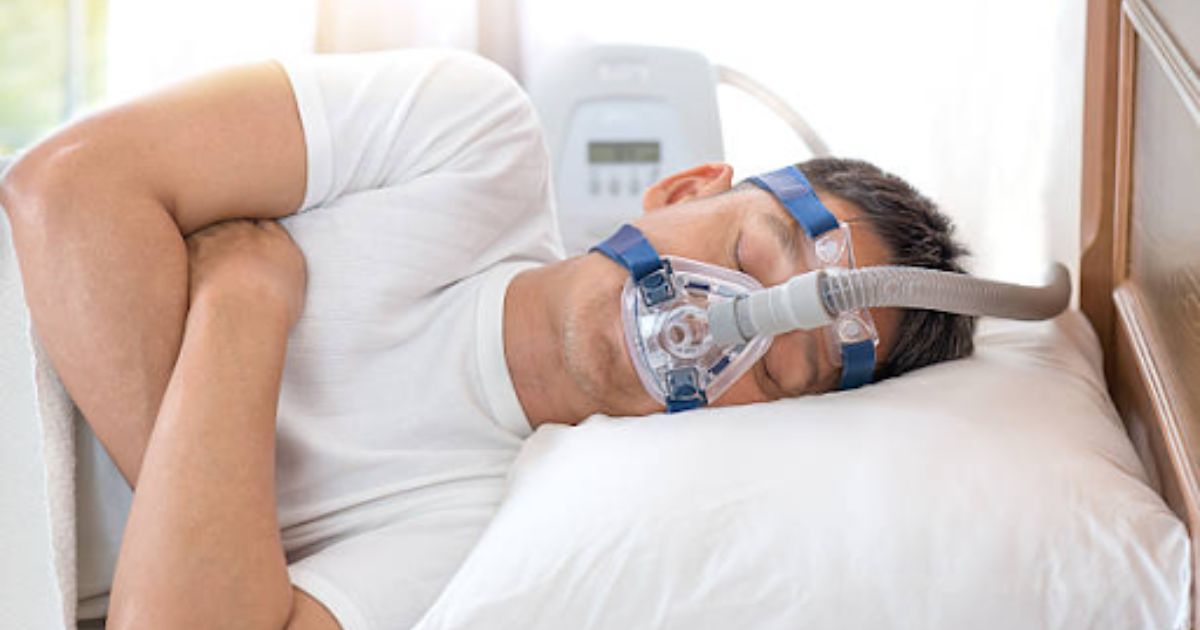Many people lose quality sleep every night and run the risk of developing various conditions due to obstructive sleep apnea. It is a sleep order that is often passed off as snoring, but it can severely damage your health if left untreated.
Sleep apnea affects a whopping 18 million citizens in the U.S. Some of the risk factors that contribute to sleep apnea includes the following:
- Excess weight or obesity
- Narrowed airway
- Chronic nasal congestion
- High blood pressure
- Smoking and alcohol use
- Age (40-years-old or above)
- Gender (more common in men)
- Family history
It’s easy enough to ignore, but what people don’t know is that beyond the nuisance of making loud noises at night, sleep apnea stops breathing for extended periods while a person is asleep.
The duration can last for as long as 30 seconds and can manifest multiple times in a row. When left unchecked, sleep apnea can contribute to the development of health diseases like hypertension, diabetes, and even atrial fibrillation due to the chemical changes and stress the heart undergoes.
What is Atrial Fibrillation?
By definition, atrial fibrillation refers to abnormal heart rhythm. Its moniker stems from atria, which describes the upper chambers of the heart, while fibrillation refers to muscular twitching involving multiple muscle fibers.
With that in mind, the primary culprit behind the condition is due to chaotic electrical signals, which causes the atria to tremble instead of contract. This causes the blood that flows within the chambers to pool around the atria, resulting in a clot that can cause a stroke once it enters the bloodstream.
Unfortunately, roughly 2.5 million people in the U.S. alone struggle with atrial fibrillation, which means these individuals have five times the risk of developing a stroke.
How Does Sleep Apnea Affect Atrial Fibrillation?
As mentioned above, the mechanical stress the heart goes through during sleep apnea can develop or progress atrial fibrillation. Not to say, sleep apnea also shares common comorbidities with atrial fibrillation like obesity, hypertension, diastolic dysfunction, and more.
With that in mind, individuals diagnosed with obstructive sleep apnea are two to four times more likely to develop atrial fibrillation.
The Bottom Line: Can Treating Sleep Apnea Cure Atrial Fibrillation?
After diagnosing sleep apnea, undergoing treatment can exponentially relieve symptoms of atrial fibrillation. Using a CPAP oxygen mask to help support and control a person’s breathing can treat sleep apnea, though it is a years-long process that requires you to sleep with the oxygen mask for an extended duration.
Fortunately, there are various sizes and options, allowing patients to choose a mask that suits their needs and comfort. Supporting the mask with lifestyle changes such as weight loss can treat sleep apnea entirely, which can improve atrial fibrillation by up to 42 percent.
If you’re looking for a sleep apnea specialist or sleep doctor in Jacksonville, FL, to get quality sleep apnea treatment, we’re your best option – contact us today!






